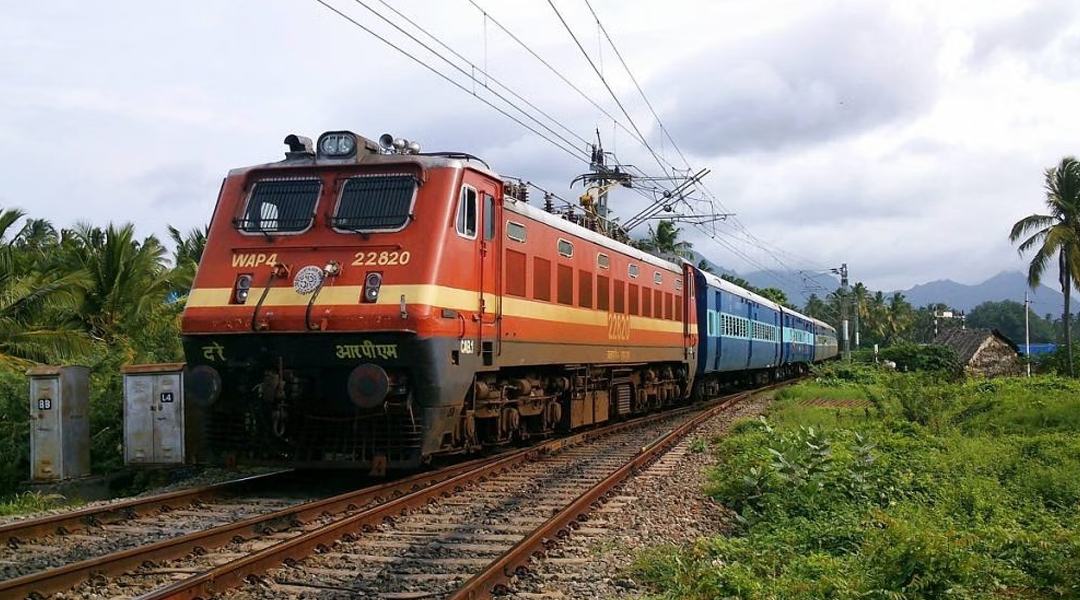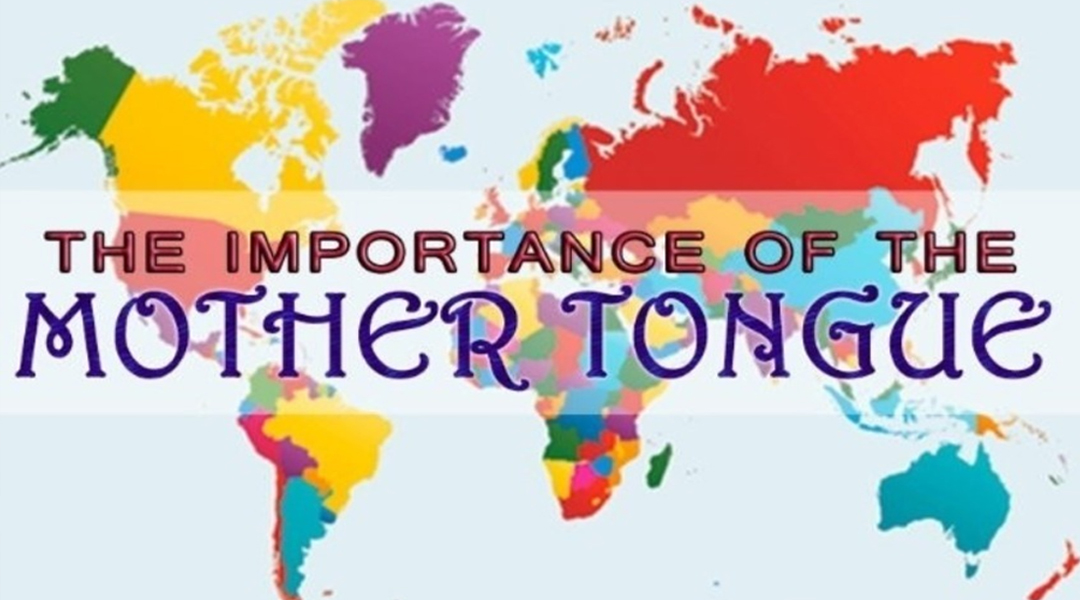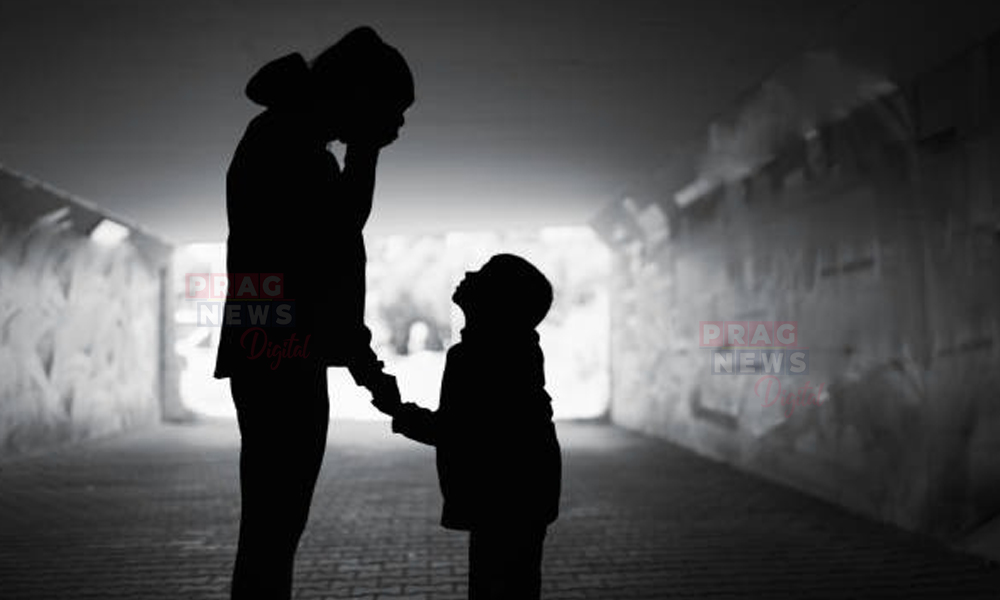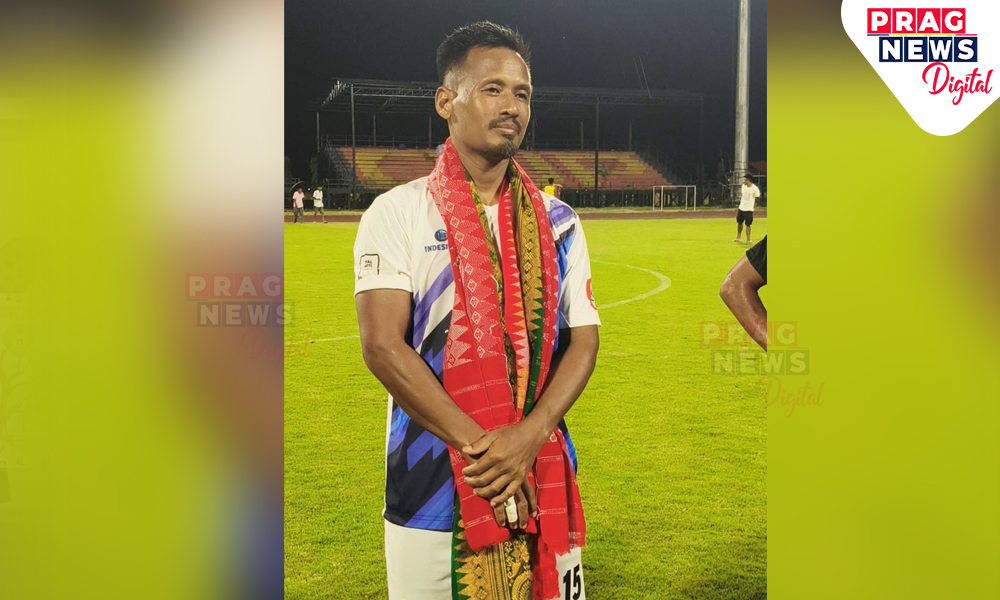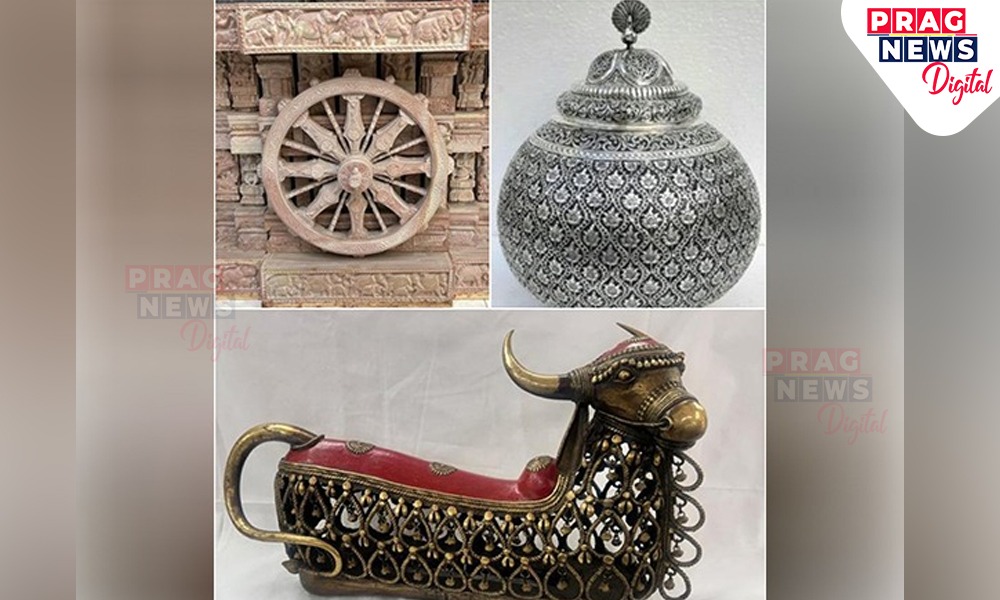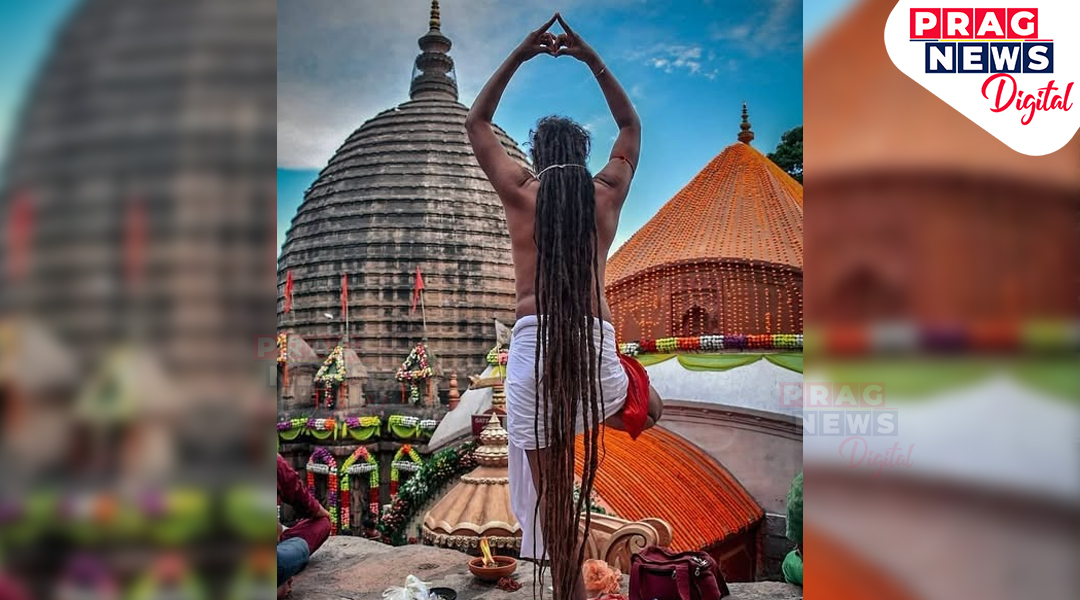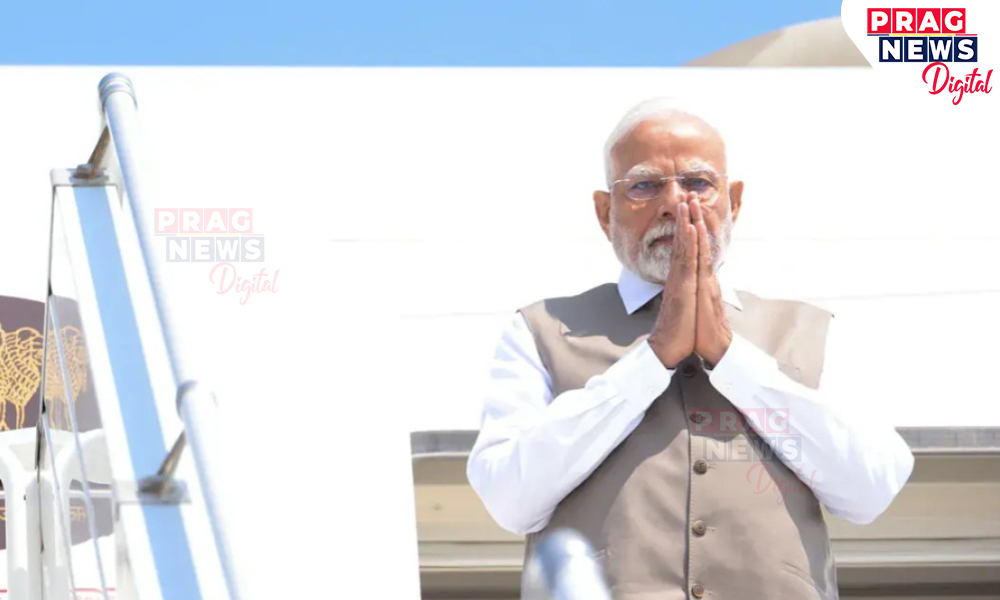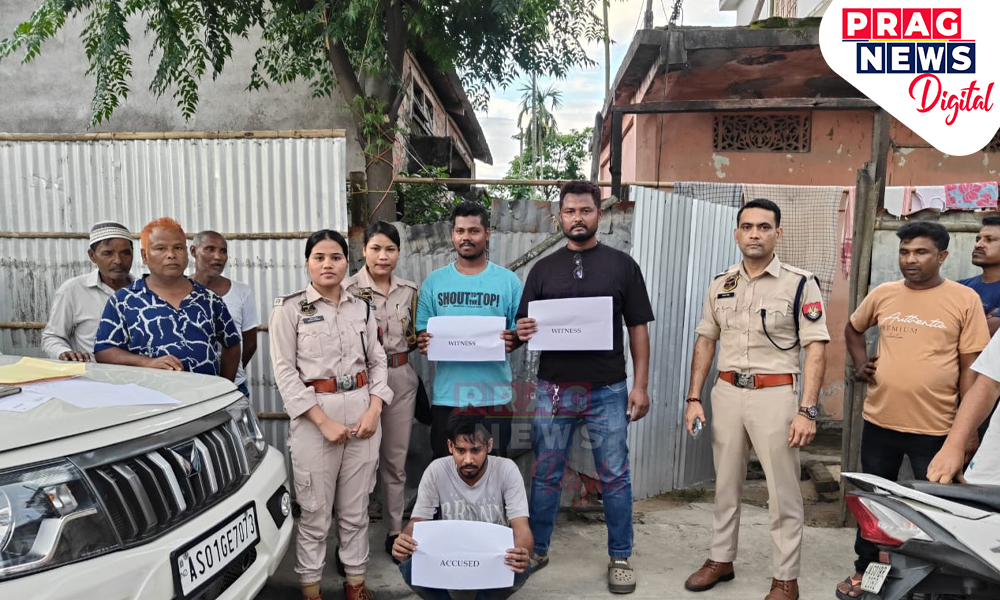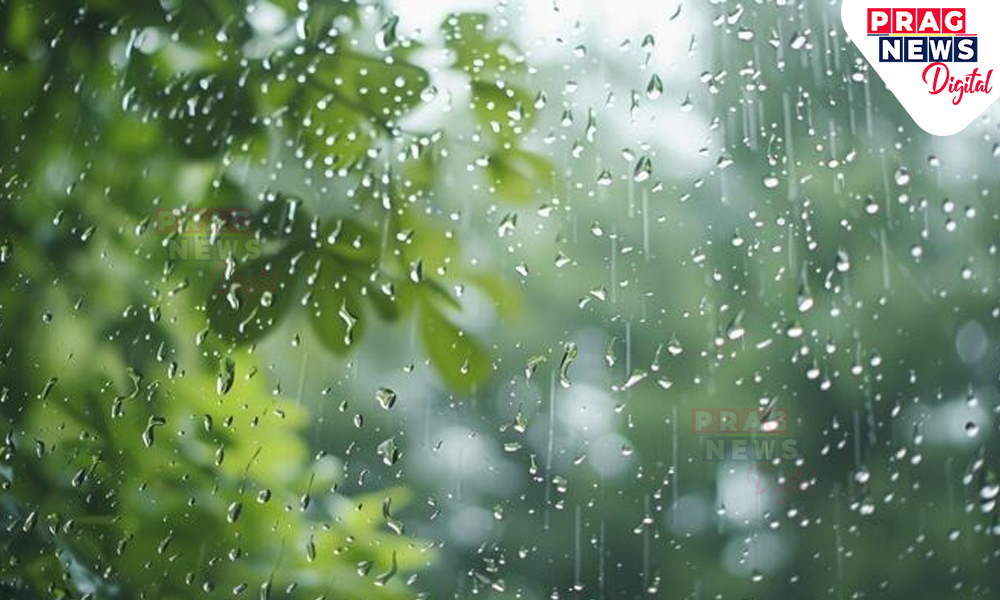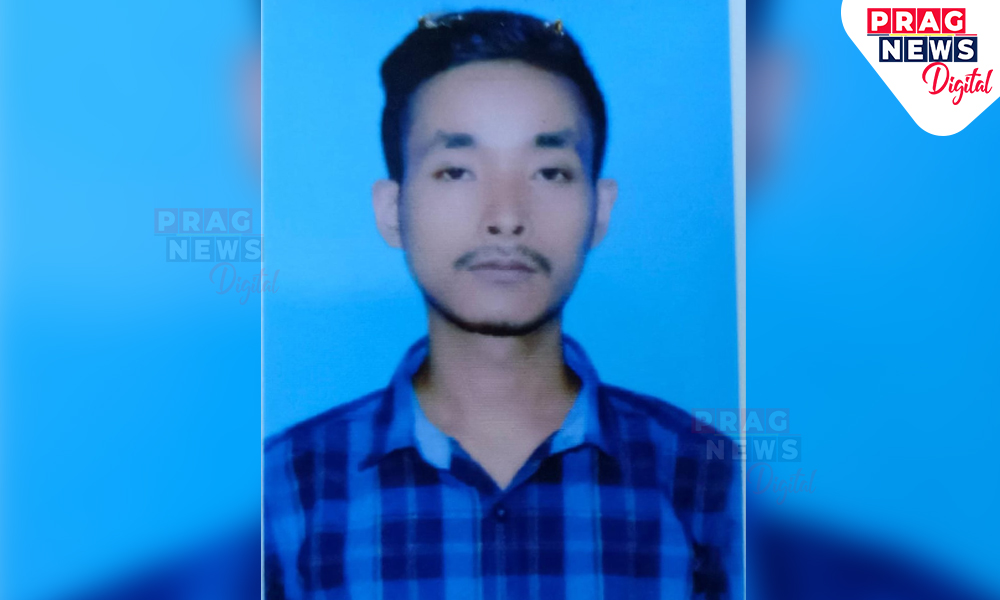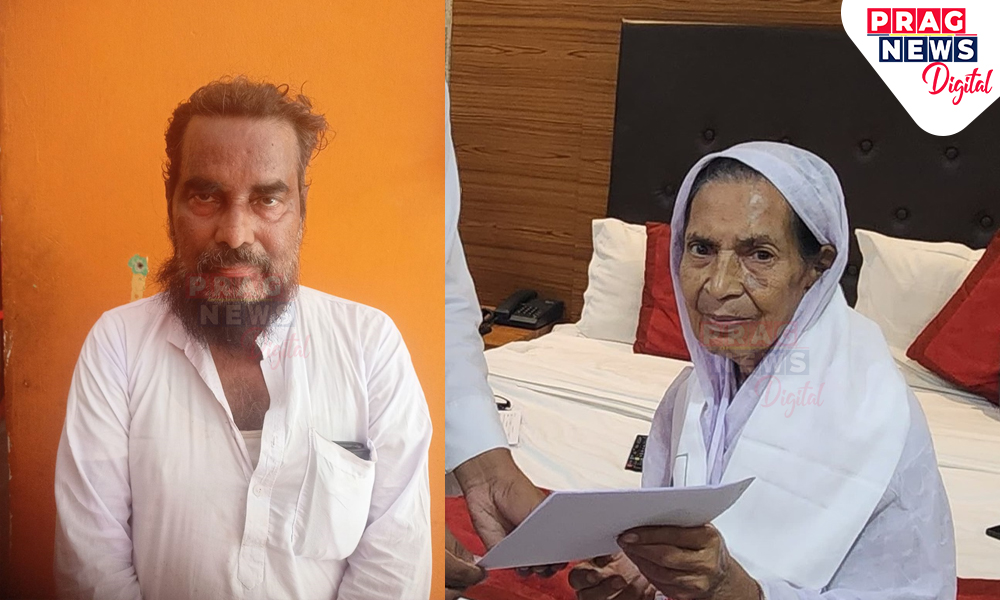Lucknow: A mithai shop situated in the steep gali’s of Lucknow has been satisfying the people’s taste buds for the past 200 years.
From Nawab’s to commoners, everyone has fallen in love with the ‘Ram Asrey Halwai’ sweets, which was opened in 1805 in Baanwali Gali in Lucknow’s chowk area.
From India’s first Prime Minister Jawaharlal Nehru to former PM of India Atal Bihari Vajpayee, everyone satisfied its taste buds with its lip-smacking delicacies when they visited Lucknow.
Also Read: Six Arrested Including One Woman in Bihar’s Journo Murder Case
Once Nawab’s favourite shop, owner Behari Gupta, the fifth generation of the family speaking about its past glories, asserted that Jawarharlal Nehru and Indira Gandhi eat ‘Chane kaa Nukaaal’ whenever they visited Lucknow. In contrast, Vajpayee loves to enjoy eating gilauri, jalebi and imarti.
With a long list of delicacies, Gilauri, commonly known as ‘malai paan’, is the speciality of ‘Ram Asrey Halwai’. Some other sweets among its long list include- dudhia, halwa sohan and kale gajar ka halwa. Penrhaa, saadi misri, khus misri and kesar misri.
The sweets shop is not limited to India only; it has succeeded in satisfying the taste buds of people of the United States. In India, customers from places like Delhi, Mumbai, Kolkata ordered its sweets.
“Many others tried to copy us or even experimented with it but till now, no one could not match our quality.” said Behari Gupta.
This is not a business; it’s our family tradition and we have to carry it on to the next generation, said Gupta’s son.
“It’s a time-consuming process to make our sweets; we only follow the traditional methods. For the malai that goes on the gilauri paan, milk is boiled for three hours on stoves made of cow dung cakes and the water comes from a well situated on the shop premises.” said a staff member of the shop.
However, during the pandemic, the shop income had dipped down to 10,00 per day. Before the outbreak of the covid-19 per day sale used to touch more than Rs. 10,000.
We have faced a heavy loss during the covid-19 time; however, now, during the pre-covid time the has come to track to some extend said, Behari Gupta.



